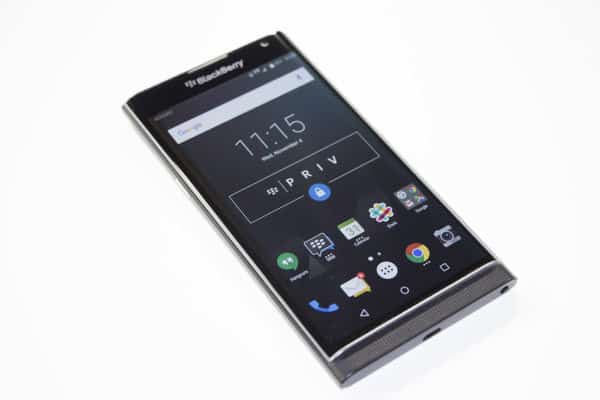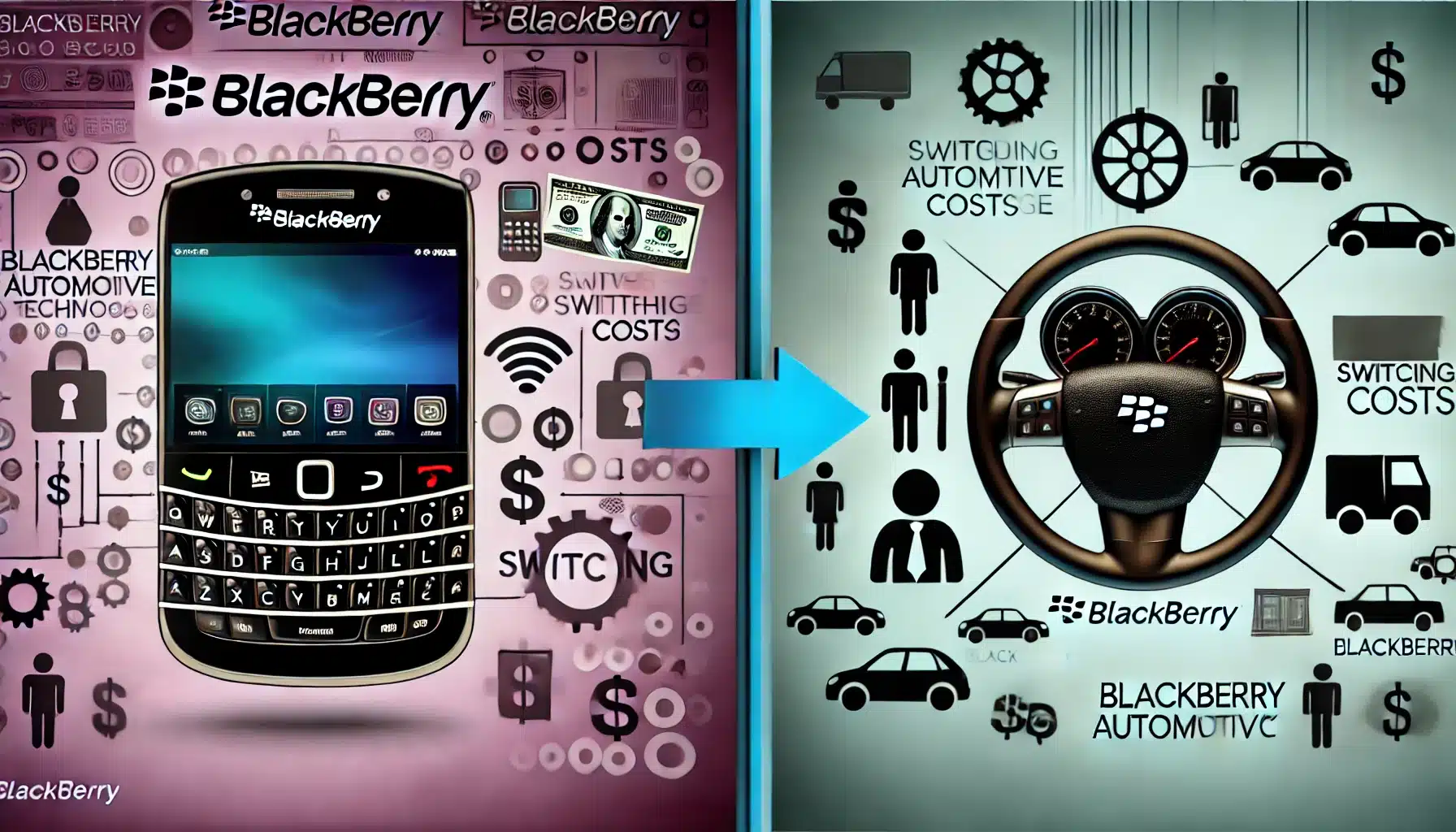

Is this end of the line for the long and illustrious history of the BlackBerry phone?
BlackBerry Ltd. will be posting its second quarter earnings next week amid speculation that CEO John Chen will use the opportunity to announce the closing of BlackBerry’s hardware division.
In April, Chen said the company’s smartphone business would be on the chopping block if it didn’t perform to expectations, putting a September deadline to make a decision on the division.
“I’m actually quite disappointed that our hardware business isn’t better,” Chen had said during a roundtable interview in April. “I truly believe we’re very close to break-even or profitability.”
The Waterloo, Ontario, company closed shop on its BlackBerry Classic smartphone this past July, a year and a half after its launch, affirming its plans “to keep innovating and advancing our portfolio,” according to Ralph Pini, BlackBerry chief operating officer and devices head. “Sometimes it can be very tough to let go,” said Pini in a blogpost. “For BlackBerry, and more importantly for our customers, the hardest part in letting go is accepting that change makes way for new and better experiences.”
Once a world leader in producing mobile handsets -as recently as 2011, BlackBerry was selling an average of 13 million devices a quarter- the company has been reduced to a bit player in the smartphone business, currently taking in only 1 per cent of the worldwide market. Yet, their research and development budget is reportedly still in large part (65 per cent) being spent on hardware, despite poor performance by a number of models over recent years. The BlackBerry Priv was launched in November, 2015, and resulted in disappointing sales numbers, some attributing the low sales to its high $700 price. Chen’s admission was that the Priv was “unfortunately too high-end and is not moving as fast as we’d like.”
BlackBerry has attempted a shift in its focus from hardware to software, concentrating on security and productivity services for other platforms.
Recently, the company announced a partnership with Samsung to create a “spy-proof” tablet to be used by German government agencies, involving a security card and encryption and certification software created by BlackBerry’s Secusmart division.
In July, the company released the DTEK50 Android device, an entry-level phone with a $299 (US) price tag and a 5.2-inch screen which runs on Android Marshmallow and is being manufactured by China’s TCL Corp., the No. 6 Android handset maker worldwide. “We know how to make an expensive phone,” says Alex Thurber, vice-president of global device sales. “This is a fleet device.” The DTEK50 is being promoted by BlackBerry as “the world’s most secure smartphone,” aiming to protect users from malware and other threats more commonly said to afflict Android phones.
Yet, other smartphone makers are catching on to the allure of security and privacy as strengths to tout in the mobile market. A major move which spoke volumes to both customers and shareholders was the U.S. Immigration & Customs Enforcement’s decision to move its 17,600 device users from BlackBerry to Apple iPhones after concluding that Apple could do a better job at handling the department’s security requirements.
Below: CEO John Chen keynote speech at BlackBerry Security Summit 2016
Comment
Leave a Reply
You must be logged in to post a comment.





 Share
Share Tweet
Tweet Share
Share




I highly doubt they would say it’s the end when two more BlackBerry Android devices are in the works. Dtek60 out in Oct and a the Mercury in Jan.
I hope they hang in there because I appreciate their security and with Samsung and Apple releasing poor phones recently and BlackBerrys latest Android device is not high end but it is a pretty decent phone at a nice low price they should pick up some extra customers you would think.
As a previous Bold 9900 then Z30 and now Classic user. I can say that BB keeps missing the mark in ways they shouldn’t. Example I still can’t delete email messages from the list as fast as with the Bold. The Bold had IMMEDIATE response to delete key press and mouse scrolls, meaning the phone was always waiting on you for the next move not the other way around. For the BB Classic the phone processor and battery can’t keep up with what the OS can do, not to mention the temperature messages I get on hot days when in continuous use or setting on a vehicle with paperwork to take pictures of. I did not have temp/speed/batt issues with the Z30 but it lacked the familiar Bold form factor.